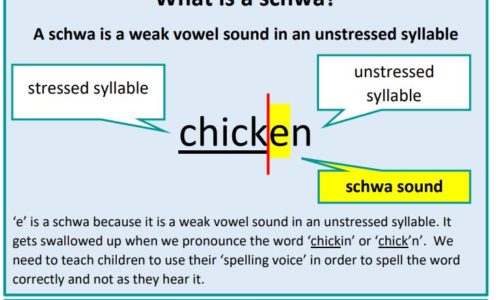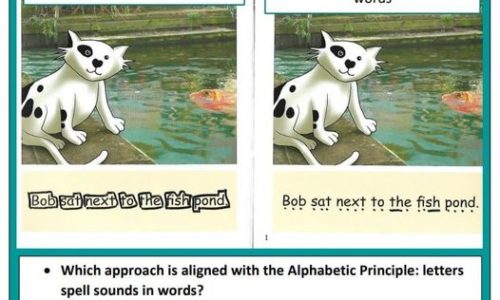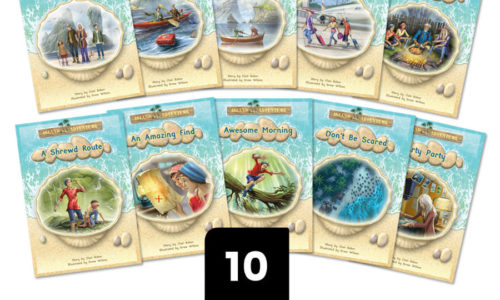
*** Competition Time*** To support the launch of our Dragon Eggs Series, we’d like to invite teachers and educators far and wide to get involved in our ‘Draw a Dragon’ Competition. Simply download the templates below and follow the instructions to draw and name a baby dragon using the sound on the template. Please ensure […]
Read More



